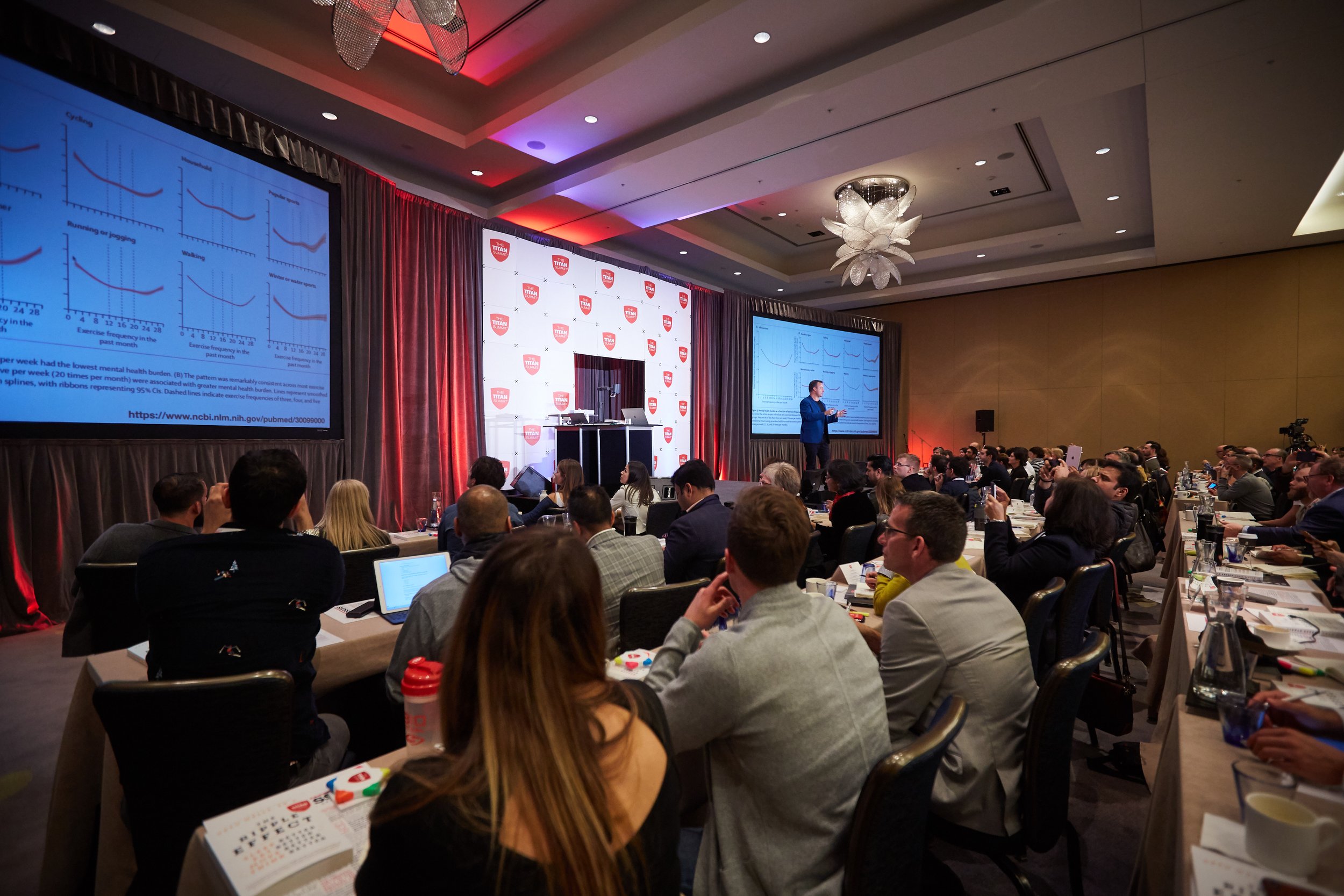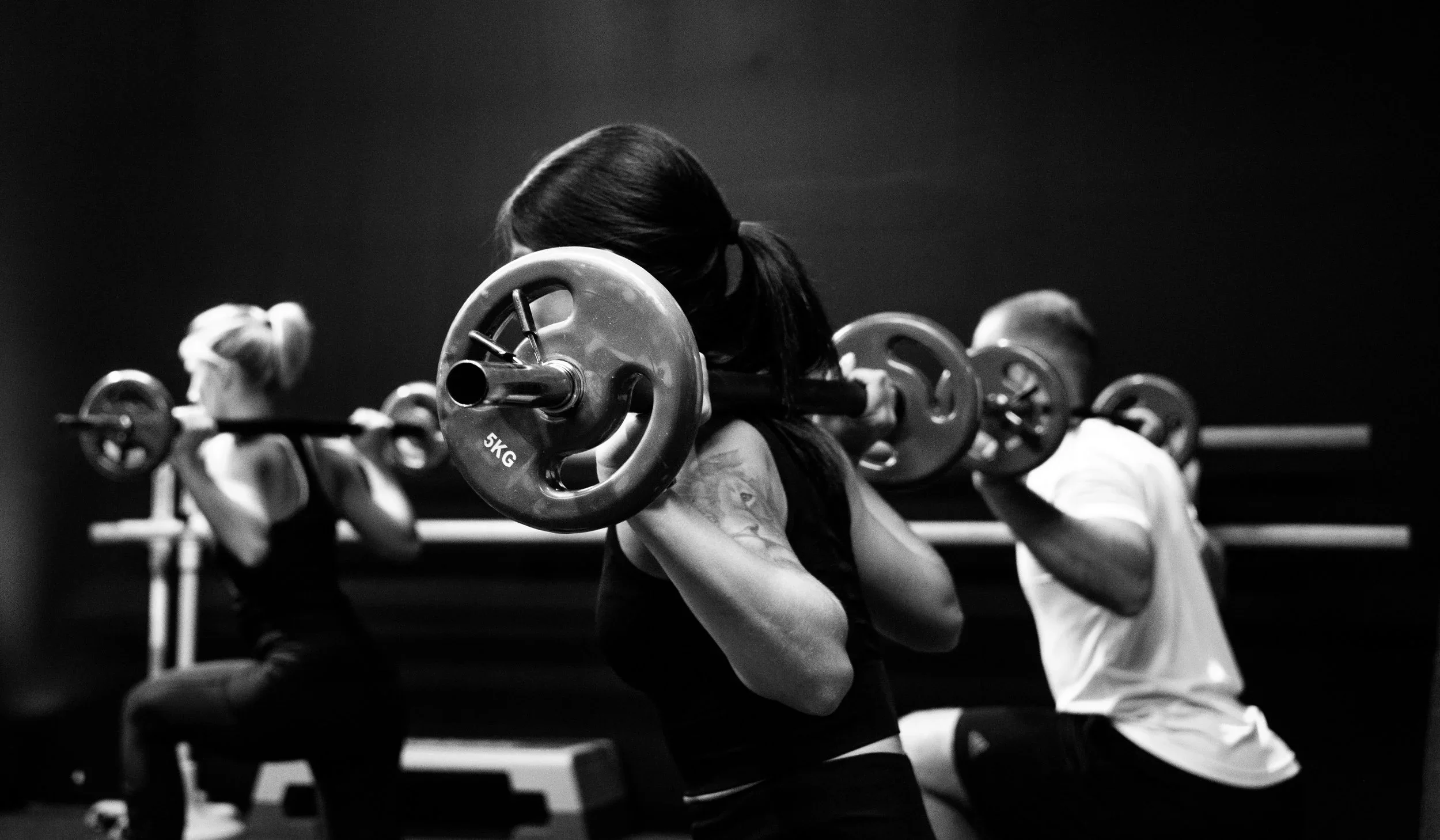
INSIGHTS
ACTIONABLE SCIENCE FROM Dr. WELLS’ NEWSLETTER
Activate Your Body to Focus Your Mind
Activating the body is one of the most effective ways to engage and focus the mind. Research consistently shows that physical activity boosts cognitive performance, helping us think faster, focus better, and improve creativity.
How can I fall asleep faster and stay asleep?
We think sleep is really important and apparently so do many of you who read this column! Each week in this space many of your submit questions and almost every week someone asks about sleep and specifically how to fall asleep and stay asleep. So, this week I have a few simple tactics you can use to sleep better. Here is the Q&A!
An Introduction to Breathwork - 2023 Thrive Practice #1
Breathwork is a holistic practice that involves using conscious, controlled breathing as a means of promoting physical, emotional, and psychological well-being. It can be done alone or in a group setting and may involve a variety of techniques and approaches.
Frequently Asked Questions (Part 3)
Every few months we like to dedicate a week to answering some of our most frequently asked questions. We received a number of amazing questions from our community in our recent fall survey so we thought we’d share a few of them this week. Read below to learn more!
Heart Health
“People don’t think much about breathing. Of all the things we take for granted, breathing must be number one. It’s our main source of life and energy. When I started focusing on my breathing, I became a stronger athlete and was better able to control my levels of effort and pain.”
— LAIRD HAMILTON
Massage: Good for the Body & Mind
“People don’t think much about breathing. Of all the things we take for granted, breathing must be number one. It’s our main source of life and energy. When I started focusing on my breathing, I became a stronger athlete and was better able to control my levels of effort and pain.”
— LAIRD HAMILTON
Using Your Breath to Your Advantage
“People don’t think much about breathing. Of all the things we take for granted, breathing must be number one. It’s our main source of life and energy. When I started focusing on my breathing, I became a stronger athlete and was better able to control my levels of effort and pain.”
— LAIRD HAMILTON
Move your Body to Calm your Mind
In today’s world, the increased pace of life, high workload (both at work and at home), and pressure to succeed has led to a society in which we’re in a constant state of stress. The stress response is an evolutionary adaptation in response to an immediate threat, however, these days we are often stuck in a state of chronic stress.
The Power of Cold
Cold therapy has received a lot of attention over the past few years. Cold therapy is simply exposing your body to low temperatures, either through cold water immersion (cold tubs or ice baths), cryotherapy chambers (exposing yourself to freezing dry air for a few minutes), contrast therapy (alternating between hot and cold), or simply taking a cold shower.
Meditation, White Matter & Aging
The benefits of mindfulness are far reaching - from decreasing stress, anxiety, and depression, to boosting focus, memory, problem solving. In addition to these functional benefits, there is also some evidence that mindfulness affects the structure of the brain. Studies have shown that meditation is associated with a higher concentration of grey matter in certain areas of the brain. However, the impact of mindfulness and meditation on white matter is less understood.
5 Tips to help you Recover & Recharge
Here are our five tips to help you recover, refocus, and recharge your body and mind.
Overcoming Overwhelm and Burnout
Mental health has been the number one concern for people in our community over the past couple of years. With constantly changing lock downs and uncertainty, the pandemic has led to increased stress, anxiety, and feelings of overwhelm at levels that we haven’t seen before. Here are 10 tips for overcoming overwhelm and burnout.
Managing jet lag
The world is finally opening up which for many of us means finally hopping on a plane (maybe for the first time in two years!) to relax, recharge, and destress. Of course with travel comes jet lag, which if not managed properly, can make you feel awful and can be detrimental to your health. So how can you minimize these unpleasant symptoms so you can focus on what matters and actually enjoy your vacation?
Take a Real Vacation to Rest and Recover
During delta brainwaves, our mind and body regenerates. Sleep is when we restore energy levels, repair tissues, remove waste, and recover from a hard workout. Sleep also helps to regulate appetite, consolidate memories, and increase immune function. Pausing to rest during our waking hours gives our bodies and brains the break they need to recharge and sets the stage for getting a deep, restful sleep, in which we can fully recover. One way to do this? Take a vacation. And not just any vacation, a real vacation.
Manage Stress to enter into Alpha Brainwaves
Last week we introduced Alpha brainwave states. Alpha brainwaves measure at 8 - 15 cycles per second (Hz), and tend to come about during acts of “metacognition” - or thinking about how you think. This state of reflection is crucial for learning, adapting, strategizing, and performing at the highest possible level. In order to enter into alpha brainwaves and strategic thinking, you need to relax your body while keeping your mind engaged so you can explore the things you want to achieve. One thing that can get in the way of this? Stress.















